Setting Up & Maintaining a Pool Table in Your Garage
Installing a pool table in your garage costs $500–$2000+, with prices influenced by table size…….
In the world of entertainment and leisure, few things evoke the same level of excitement and camaraderie as a game of pool. Whether in a bustling bar, a cozy rec room, or a dedicated game hall, pool tables serve as focal points for social gatherings and friendly competition. However, beyond the enjoyment they bring, setting up a pool table involves significant considerations, particularly when it comes to cost. This article delves into the intricate details of the expenses associated with having someone install a pool table, exploring various factors, global trends, and the broader implications. By the end, readers will have a comprehensive understanding of what influences these costs and how they can navigate the process effectively.
Definition: The phrase “How much does it cost to have someone set up a pool table?” refers to the expenses incurred when hiring professionals or specialized services to install a pool table at a specified location. This process encompasses various tasks, from measuring and preparing the space to assembling the table, installing accessories like pockets and cues, and ensuring proper leveling and adjustment for optimal play.
Core Components: Several key elements contribute to the overall cost:
Table Purchase: The initial expense involves acquiring the pool table itself, which varies widely based on size (standard 8-foot or 9-foot tables are common), material (wood types, cloth types), and brand.
Installation Labor: This is a significant factor, encompassing the time and skill required to transport, assemble, level, and fine-tune the table. Rates for professional installers typically range from $75 to $200 per hour or more, depending on location and complexity of installation.
Accessories and Additional Features: Installing pockets, cues, balls, a triangle, and other accessories adds to the cost. Some tables also offer advanced features like automated cue ball return systems, lights, or sound effects, which can further enhance the price.
Site Preparation: Ensuring the floor is suitable for the table’s weight and adjusting the environment for optimal play (humidity control, for example) might require additional work and materials.
Historical Context: Pool table installation services have evolved alongside the game itself, becoming more specialized over time. In the past, tables were often assembled by furniture retailers or general contractors without specialized training. Today, however, with the rise of competitive pool and increased appreciation for craftsmanship, professional installers cater to a niche market, charging premium rates for their expertise.
Significance: Understanding these costs is essential for individuals and businesses looking to invest in pool tables. Accurate budgeting ensures the project stays on track financially and allows for informed decisions regarding table selection, installation methods, and potential upgrades.
The market for pool table installations is not limited to any single region; it has a significant global reach. However, certain trends and factors influence pricing differently across continents:
North America: The United States and Canada are known for their vibrant pool hall culture, leading to a high demand for quality installations. Labor costs tend to be higher in these regions due to specialized installers and stringent safety standards.
Europe: Countries like Germany, the UK, and France have a rich pool tradition, with many professional leagues and dedicated game rooms. Here, prices reflect the availability of skilled labor and the prevalence of custom, high-end tables.
Asia: China, Japan, and South Korea are emerging markets for pool table installations, driven by increasing disposable income and a growing interest in western pastimes. Pricing tends to be competitive due to a larger number of local manufacturers and installers.
Rest of the World: Emerging economies in Latin America, Africa, and the Middle East show varying levels of interest in pool tables, with prices influenced by import duties, local labor rates, and infrastructure development.
The economic landscape plays a pivotal role in shaping the costs associated with pool table installations:
Market Dynamics: Local market demand drives installer availability and pricing. Areas with high pool hall density or significant tourism related to pool activities may have more installers, potentially lowering costs due to increased competition.
Investment Patterns: Businesses investing in pool tables as part of entertainment venues or recreational facilities need to consider not only installation but also ongoing maintenance, table replacement, and accessories. Proper budgeting ensures the long-term sustainability of these investments.
Economic Systems and Pricing Strategies: Installers often factor their overhead costs, including labor, transportation, insurance, and tools, into their pricing. In regions with higher living costs or specialized skill requirements, installer rates tend to be more expensive.
Understanding the breakdown of installation costs provides valuable insights for potential clients:
Table Size and Type: Larger tables (9 feet vs. 8 feet) generally cost more due to increased material and assembly time. Custom or high-end table designs may also carry premium pricing.
Material and Finish: Different wood types, cloth types, and finishes impact both the table’s appearance and its price. High-quality materials and intricate craftsmanship command higher rates.
Accessibility and Site Conditions: Installing a table in a remote location or a space with limited accessibility may incur additional travel and handling fees. Unlevel floors or unusual floor structures might require specialized equipment, increasing costs.
Add-on Features: Advanced accessories like automatic cue ball return systems, LED lighting, sound effects, or heated seats add to the overall cost but enhance the table’s appeal and functionality.
The installation process itself involves several crucial steps:
Site Preparation: Measuring the space, ensuring proper floor conditions, and clearing the area of obstacles are essential pre-installation tasks.
Table Assembly: Installers carefully assemble the table, paying close attention to detail and precision to ensure stability and accuracy in playing dimensions.
Leveling and Adjustment: Leveling ensures the table plays evenly, which is crucial for fair play. Adjustments might include setting pocket heights, fine-tuning the slant, or calibrating the cue ball rest.
Safety and Compliance: Installers must adhere to local safety regulations and industry standards, using appropriate equipment and protective measures.
Q: How much does it typically cost to have a standard 8-foot pool table installed?
A: For a standard 8-foot pool table with no additional features in a readily accessible location, installation costs generally range from $150 to $300. However, this can vary widely based on local market rates and the complexity of the installation.
Q: Can I save money by doing it myself?
A: While some people may choose to assemble pool tables themselves, especially if they have prior experience, professional installers offer several advantages. Their expertise ensures a proper setup, saves time, and prevents potential damage to the table or surrounding structures. Most clients find that hiring professionals is worth the investment for peace of mind and quality workmanship.
Q: How do I choose an installer?
A: Look for experienced, licensed, and insured installers with positive customer reviews. Inquire about their training, the types of tables they’ve installed, and their warranty or service policies. Reputable installers should be able to provide references and offer transparent pricing.
Q: What if my table needs repairs after installation?
A: Many installers offer post-installation support and maintenance packages, including repair services. It’s advisable to discuss these options beforehand to avoid unexpected costs down the line. Regular maintenance can help extend the table’s lifespan and ensure optimal play quality.
“How much does it cost to have someone set up a pool table?” is a question that goes beyond mere dollar amounts, touching on factors like craftsmanship, location, market demand, and personal preferences. By understanding these influences, individuals and businesses can make informed decisions when investing in pool tables, ensuring they receive the highest quality installations for their enjoyment and entertainment purposes.

When purchasing a pool table, size and custom design significantly impact cost, with larger or speci…….
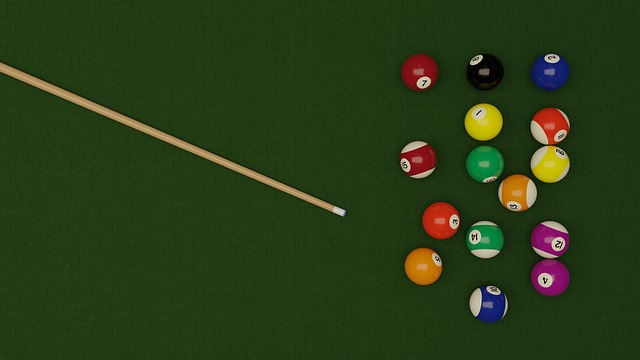
Removing a pool or pool table involves various factors influencing cost, including size/complexity,…….

When placing a pool table, consider room dimensions, clearance, and needed space for play (at least…….
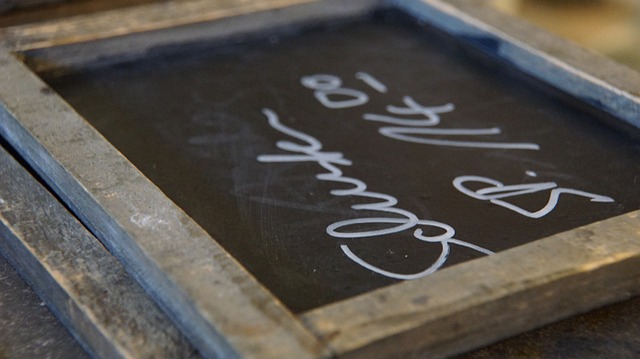
Moving a pool table requires careful planning and assessment. Measure dimensions accurately, check f…….
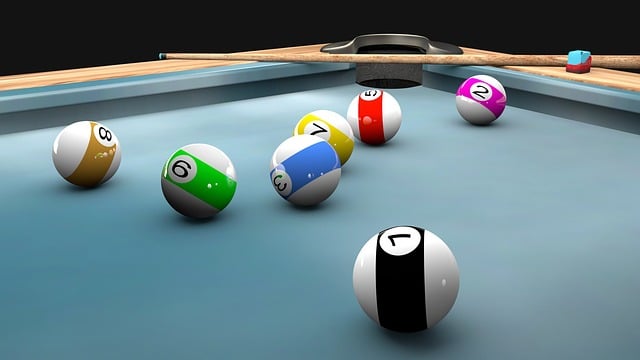
Setting up a pool table on concrete offers numerous advantages, including a sturdy surface for preci…….
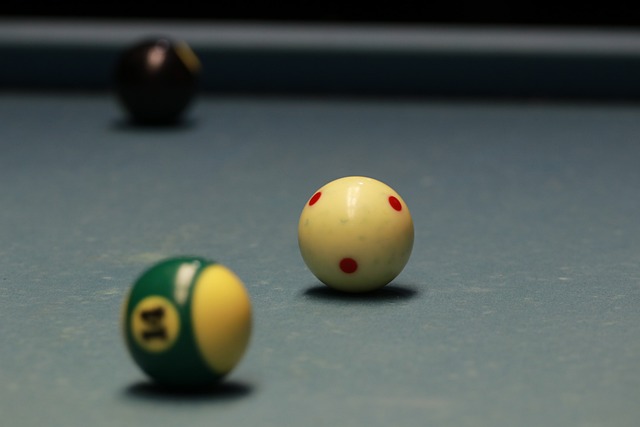
Selecting a pool table involves considering size (standard 8×4.5 feet or variations), budget ($500-$…….
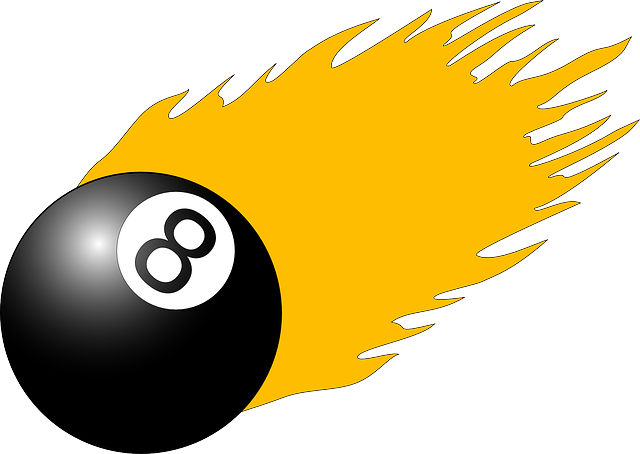
When buying a pool table, key factors influencing cost include table size and construction quality……..

Understanding new pool equipment installation costs involves considering equipment type (residential…….
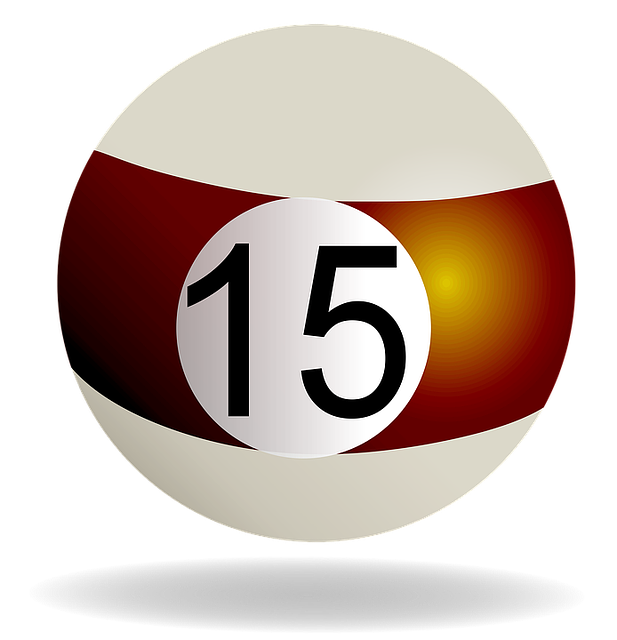
The installation process of a pool table typically takes 4-8 hours, with costs for professional setu…….